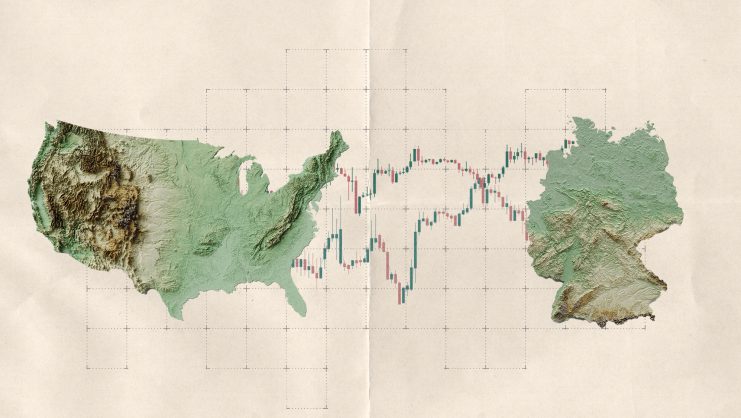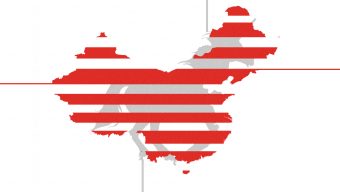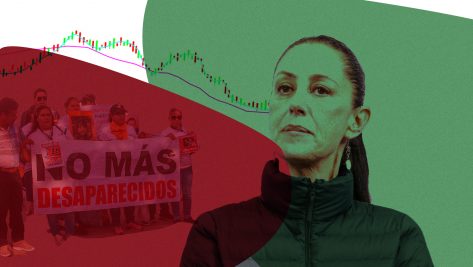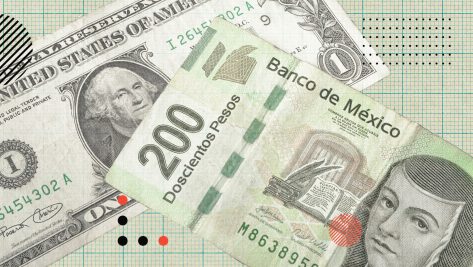Are Sovereign Wealth Funds Changing the Economy?
Sovereign wealth funds are often thought of as a murky world of states meddling in financial markets, but is this really the case? Adam Dixon explains what sovereign wealth funds are, how they work, and analyzes if they are having the feared impact on the global economy.
Read more from Adam Dixon, Patrick Schena, and Javier Capapé on sovereign wealth funds.
© IE Insights.
Transcription
What is a sovereign wealth fund? The simplest definition is a state-owned and controlled institutional investor that invests in public or private markets, either in global financial markets or at home. And that’s what’s interesting about sovereign wealth funds, is that we have sovereign wealth funds that are very, very large, over a trillion dollars. We have ones that are much smaller.
We have sovereign wealth funds that are from liberal democracies, advanced economies all the way to developing economies and countries that do not have democratic traditions. This was what makes them quite interesting to study, is that they exist everywhere or nearly everywhere. How is it that we can have sovereign funds from such a diversity of political economies? That is sovereign funds from liberal democracies like Norway to countries like China that are a single-party state, both operating and investing in global financial markets.
Most basic economics textbooks put the state on the sidelines. The state exists to regulate, to ensure the rule of law such that markets function and function efficiently. The introduction of sovereign wealth funds into global financial markets puts attention on that norm, if you like, of what we expect from global financial markets. Is it legitimate for a state actor to be an investor in global financial markets?
So in the mid-2000s, there was concern about the growth of sovereign wealth funds in global financial markets. Now, there had been sovereign wealth funds that have existed for decades, such as the Kuwait Investment Authority. The Abu Dhabi Investment Authority has been around for decades. Singapore. But in the 2000s, we see the increase in the number of sovereign wealth funds, and in particular, we see the growth of China not simply in the global economy, but the introduction of the China Investment Corporation.
In the West, there was concern that these state actors would disrupt the functioning and the efficiency of markets, that politics would be injected. And so what has happened in the last 15 years is that a global governance framework has been created around the Santiago Principles and the International Forum of Sovereign Wealth Funds to, in effect, legitimize sovereign wealth funds as institutional investors in global financial markets.
This has been done through increasing or fomenting transparency, but it’s also been done through the encouragement of the professionalization of sovereign wealth funds, such that those that are managing those assets are investment professionals and they’re not influenced by politics. Now, this isn’t to say that all sovereign funds are devoid or free of politics, but as our research has shown, for the most part, sovereign funds are generally plain vanilla.
They’re not investing with geopolitics in the background. Now, in the last ten, 15 years, we see a growth of what we would call strategic investment funds. And many of these are in developing economies across Africa, but even here in Europe. So here in Spain and Ireland and France and Italy, and these strategic investment funds typically invest or mostly invest domestically. These aren’t very big funds.
They’re not a trillion. And these funds aim to invest in ways that catalyze economic growth and development. They aim to attract, as a platform, foreign investors to come and invest in the economy, in projects or themes, if you like, that are part of broader national development agendas. And this is a quite interesting, again, puzzle because although these funds aren’t, let’s say, politicized, the link between a national development strategy brings these funds much closer to the state.
There’s an assumption that because they’re state entities that they’re not necessarily going to have politics. And what didn’t help many sovereign funds 10, 15 years ago was that they were relatively opaque. So we didn’t know exactly what they were doing. And so the assumption was if you don’t know what’s going on, if there’s a little smoke, then there must be fire.
But in principle, that lack of disclosure wasn’t necessarily indicative of, let’s say, nefarious political kind of meddling into the investment decisions of these funds. And we see much more disclosure now. We have to move away from this idea that sovereign funds are necessarily these foreign agents, if you like, that they’re the other they’re out there when actually their integration into Western global financial markets is pretty deep. And in many cases it’s long-running.










